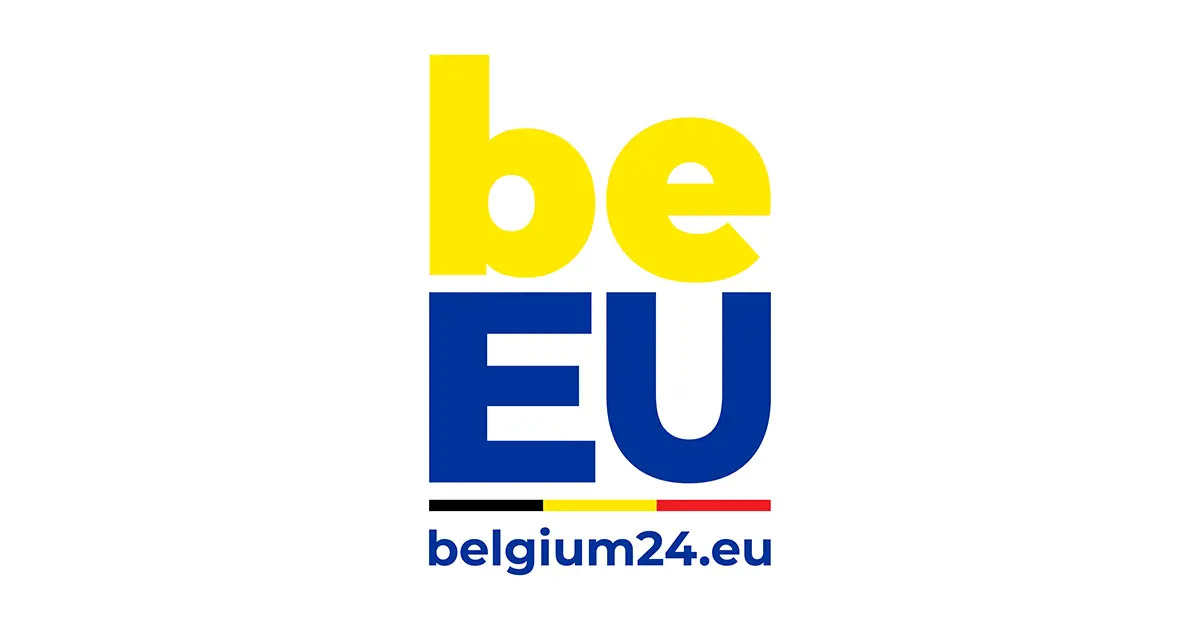On 7 December 2017 the EPSCO Council discussed agenda items relating to employment and social affairs. The head of the Hungarian delegation was Mr Zoltán Balog, Minister of Human Capacities and Ms Katalin Novák, Minister of State for Family and Youth Affairs also attended the meeting. The meeting was chaired by Ms Kaia Iva, Minister of Social Protection of Estonia and Mr Jevgeni Ossinovski, Minister of Health and Labour of Estonia. The European Commission was represented by Vice-President Valdis Dombrovskis, Commissioners Ms Marianne Thyssen and Ms Vera Jourová.
The ministers held an exchange of views on the 2018 European Semester autumn package. Vice-President Dombrovskis and Commissioner Thysssen presented their Annual Growth Survey (AGS), Alert Mechanism Report (AMR), draft Joint Employment Report (JER), draft Employment Guidelines (EGL) and draft Recommendation on the economic policy of the euro area. The employment and social aspects of the latter were adopted as well.
The Hungarian delegation underlined that the ’virtuous triangle’ of the Annual Growth Survey, namely boosting investment, pursuing structural reforms and ensuring responsible fiscal policies, and the priorities of the draft Joint Employment Report are valid and are in line with the priorities and measures of the Hungarian Government. As regards the modification of the Employment Guidelines in light of the recent adoption of the European Pillar of Social Rights, Hungary is of the opinion that the new guidelines reflecting the principles of the social pillar cannot overcome the original focus of the Semester, namely boosting economic growth and employment, and they have to be in line in the future as well. The Hungarian Government has introduced several measures in the past years to enhance the employment of vulnerable groups. As a result, currently there are more than 4,5 million people in employment and our unemployment rate has fallen to 4,1%, being the 4th best rate overall in the EU. As regards the process of the European Semester, we hope that the positive trend on systematic dialogue and cooperation between the Commission and the Member States will continue in the future as well, with adequate timing, for true ownership of the Member States about the recommendations.
The Council with the abstention of the United Kingdom adopted a general approach on the directive of the European Parliament and of the Council on the approximation of the laws, regulations and administrative provisions of the Member States as regards the accessibility requirements for products and services. Finland, the United Kingdom and Italy submitted a statement, in which Finland and the United Kingdom highlighted that although they are committed to improving the quality of life of persons with disabilities and the text has improved a lot, it is still not ready for adoption. Besides Italy expressed regret for the exclusion of the emergency services from the scope.The Council adopted partial general approach on social security coordination regulation as regard family benefits and long term care. Some member states suggested that family benefits should be subject to indexation in keeping with the residence of the children. However, the overwhelming majority of the Member states as well as the Commission rejected the idea for it is discriminatory and goes against the equal contribution equal benefit principle. The Hungarian delegation declared that the indexation of family benefits is indefensible concept and we called on the forthcoming Presidencies to loyally represent the anti-indexation position of the Council during the coming trilogues. Moreover, we expressed our concerns regarding the next chapter to be discussed relating to unemployment benefits, as in our view, the Commission’s proposal seriously affects the interest of mobile workers. Therefore the Bulgarian Presidency should negotiate the dossier with due care.
The ministers reached a political agreement on the Directive on Maritime Labour Convention.
The Council took note of progress on the draft directive on work-life balance for parents and carers and repealing Council Directive 2010/18/EU. The Hungarian delegation emphasised that supporting families is a key priority for the Government. We stated the one of the main principles of our family policy is that parents should be offered the opportunity to decide how long they wish to stay at home and raise their children. They also have the choice to decide if they wish to share the care responsibilities. We underlined that it is of particular importance for us to focus on solutions that make it possible to preserve the rich diversity of Hungarian family support system.
The Council also adopted conclusions on enhanced measures to reduce horizontal gender segregation in education and employment.
Furthermore, the Council took stock of progress on the draft directive of equal treatment between persons, irrespective of religion or belief, disability, age or sexual orientation. The Council adopted the Council Conclusions on the future of work, and on enhanced community-based support and care for independent living.
The Swedish delegation and the European Commission informed the Council on the Social Summit for Fair Jobs and Growth, held in Gothenburg on 17 November 2017 attended by Heads of State and Government as well representatives of the social partners, EU institutions and agencies.
The Commission informed the Council about the EU action plan 2017-2019 on tackling the gender pay gap adopted on 20 November 2017 and reported about the focused actions to eliminate gender-based violence in year 2017.
The incoming Bulgarian Presidency also presented their work programme for the first half of next year.
A ministerial lunch also took place on the topic of ’Fostering digital transformation while safeguarding social protection’.
The Council adopted under the legislative “A” items the revision of the Directive 2004/37/EC on the protection of workers from the risks related to exposure to carcinogens and mutagens at work (1st batch), with the abstention of Croatia, Poland and the United Kingdom.



